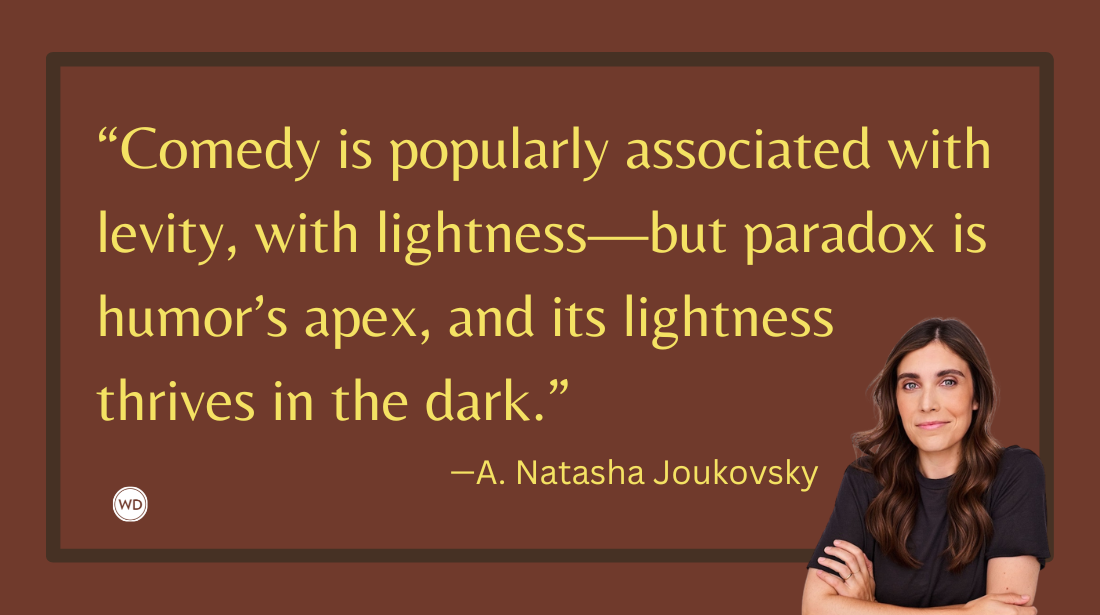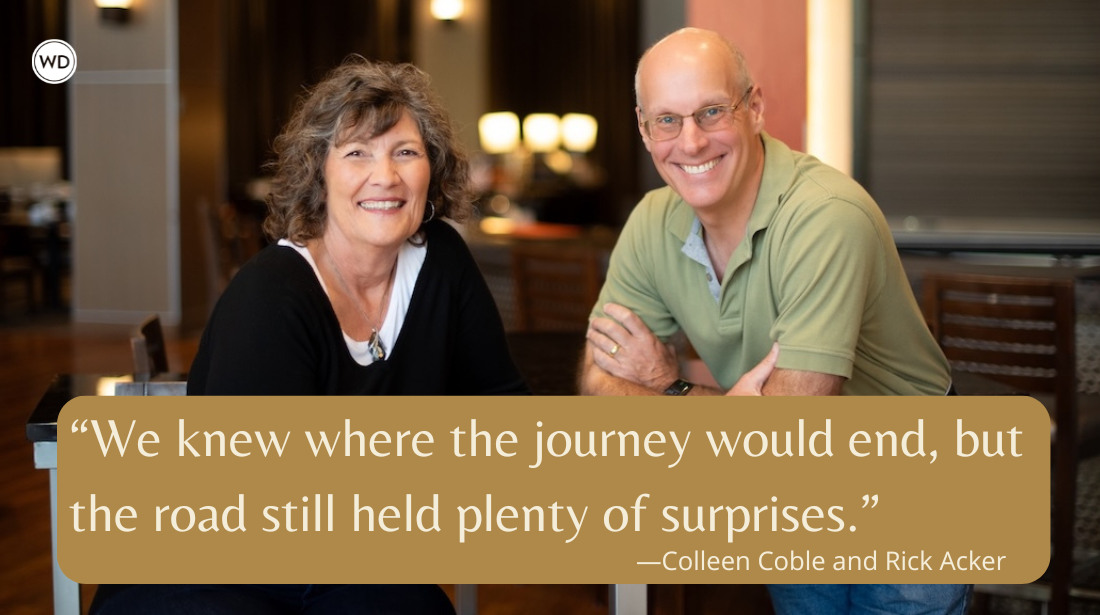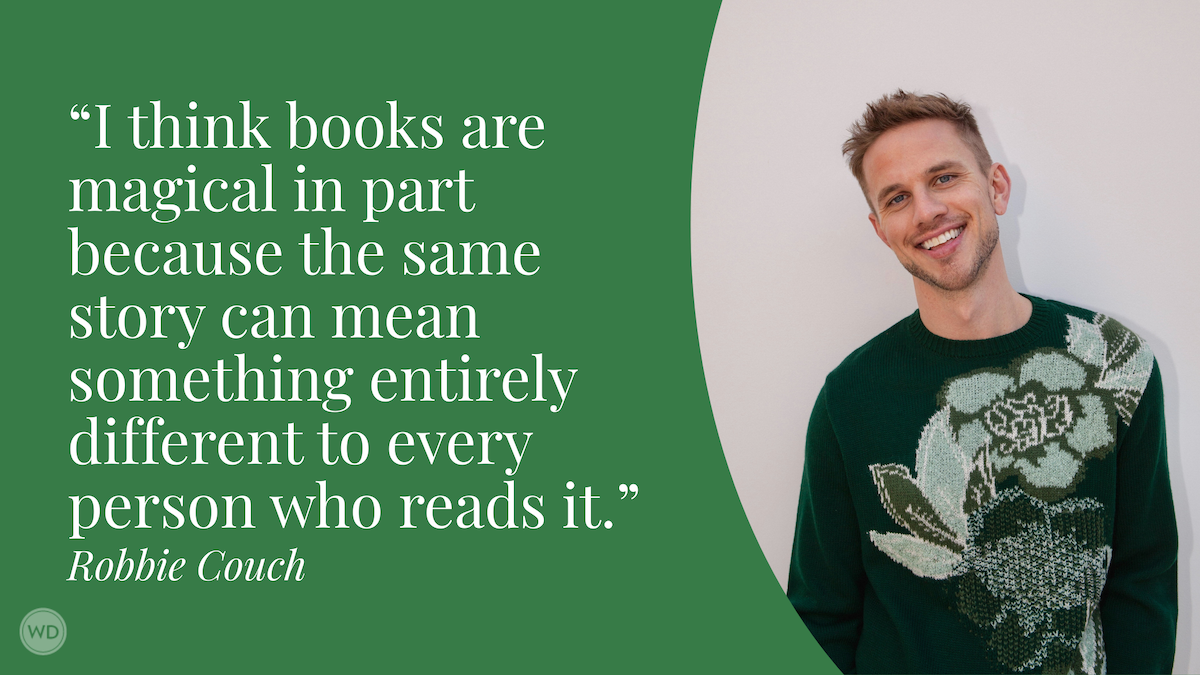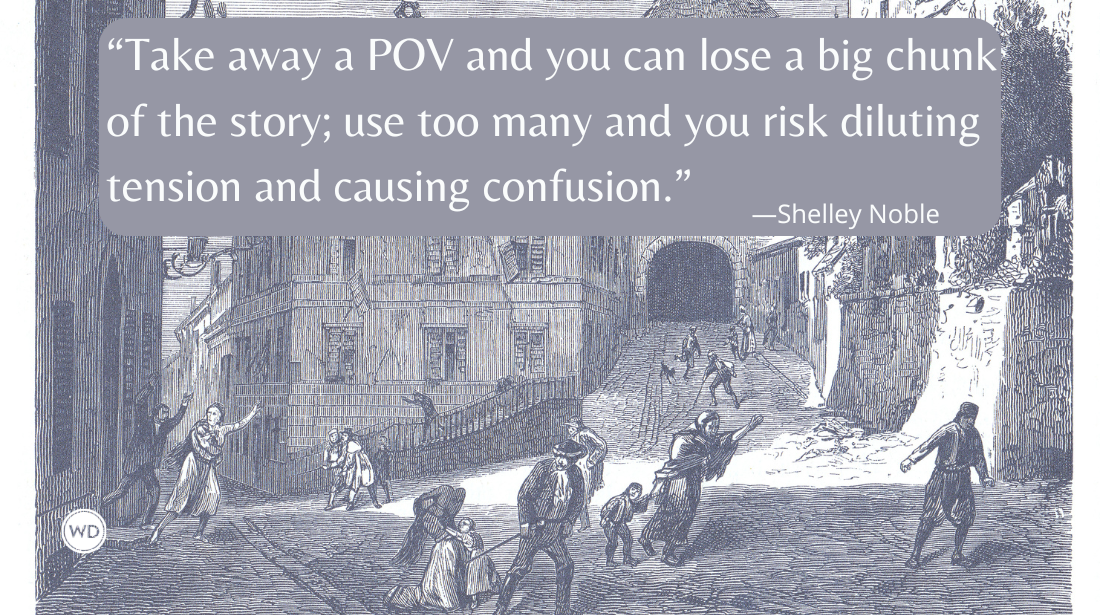Mariah Rigg: I’m Grateful That the First Draft of This Book Wasn’t Published
In this interview, author Mariah Rigg discusses breaking writing rules in her debut short story collection, Extinction Capital of the World.
Mariah Rigg is a Samoan-Haole settler who was born and raised on the island of O‘ahu. Her work has been featured in Oxford American, The Sewanee Review, Joyland, and elsewhere. In 2024, she was awarded a fellowship in creative writing from the National Endowment for the Arts. She holds an MFA from the University of Oregon and is currently a PhD candidate at the University of Tennessee, Knoxville. Follow her on X (Twitter), Instagram, and Bluesky.
In this interview, Mariah discusses breaking writing rules in her debut short story collection, Extinction Capital of the World, her advice for other writers, and more.
Name: Mariah Rigg
Literary agent: Amy Bishop-Wycisk, Trellis Literary Management
Book title: Extinction Capital of the World
Publisher: Ecco
Release date: August 5, 2025
Genre/category: Literary Fiction/Short Stories
Elevator pitch: Magnetic, haunting, and tender, Extinction Capital of the World is a stunning portrait of Hawaiʻi—and a powerful meditation on family, queer love, and community amid imperialism and environmental collapse.
What prompted you to write this book?
Growing up, I didn’t see a lot of positive depictions—or really, a lot of depictions at all—of Hawaiʻi in popular media. The depictions of the Hawaiian Islands I did see often reinforced settler colonial structures of sugar and pineapple plantations, extractive tourism, and the American military industrial complex’s occupation of the islands. As a child, I didn’t understand the extent of the harm perpetuated by these stereotyped depictions of my home. It wasn’t until my teens that I began to recognize my own role as a settler of Hawaiʻi, and to interrogate how the stories of the Islands I saw in popular media were used to occupy both the narrative surrounding Hawaiʻi, and the literal islands themselves.
Some of the stories in Extinction Capital of the World are written from my anger toward the people who have and continue to bastardize and colonize the Hawaiian Islands. But most of the stories are written from a place of deep love. I feel like I’m always repeating this wisdom, but I had a mentor once tell me: You write to the places you’re not. For the past five years, I’ve been writing love letters to Hawaiʻi. I’m not sure I’ll ever stop.
How long did it take to go from idea to publication? And did the idea change during the process?
I wrote the earliest story—“After Ivan,” a queer love story between an American and Soviet Olympic kayaker, set just before the 1989 fall of Berlin—in February of 2020. I was halfway through my first year in the MFA program at the University of Oregon and had no idea how to write a short story, let alone a collection. I thought maybe I could sell “After Ivan” by stretching it into a novel, but as I continued to write stories, I found a momentum building.
I never set out to write a linked collection. But as I revised stories for my MFA thesis, I realized that what I’d thought had been separate lives was really a universe. Much like my own childhood on Oʻahu, the characters in my Extinction Capital of the World are hopelessly intertwined—through blood, marriage, work, friendship, the ʻāina, and over and over again, through love and loss. Only a third of the stories I’ve written between 2020 and now are in the final book. I think I queried at least three different times, with different arrangements of stories and different titles, before signing with Amy Bishop-Wycisk in 2023.
Were there any surprises or learning moments in the publishing process for this title?
So, so, so many! Writing a book and publishing a book feels like it requires two completely different parts of the brain—one’s creative and world-building, the other is a lot of admin. I’ve been lucky that my agent Amy Bishop-Wycisk, my editor Rachel Sargent, my publicist Nina Leopold, and my teams at Trellis and Ecco have been so patient and kind.
One of the most surprising and affirming things in this publication process is the number of truly amazing people I’ve gotten to meet. It’s so easy to fall into stress and anxiety when you’re working to get your book on shelves—will I get enough blurbs? Is my book in the hands of the “right” people? After the years of work I put into this book, is anyone even going to read or like it?
This past January, I was driving through Kentucky when my partner and I stopped into a record store to browse. If you’re ever in Louisville, you have to stop by Surface Noise. Part record store, part bookstore, part gallery, the place has rotating art exhibits, monthly readings, and shows. My partner is an extrovert, and he and the owner immediately hit it off. We found out that the owner is a poet—Brett Eugene Ralph, whose book Black Sabbatical, published by Sarabande, is an absolute banger—and that he’d studied at UMass Amherst with David Berman. Brett Eugene was thoughtful and funny, selling us Gabby Pahinui’s “Rabbit Island Music Festival” for a fraction of its value, and inviting us to do a reading at the store later in the year. I was pretty frantic about my book at the time, but what he said as I left the store helped me to reality check: “You’ve got to remember that we do all this”—he gestured and the records and books and prints in the store around him—“for the access it gives us to other artists. For the community we form.” And you know what? He’s so right.
Were there any surprises in the writing process for this book?
This book was at least three other books before it became this one. The biggest change between the first draft and the book that will be on shelves is the addition of “Target Island,” which opens the collection, and the titular story, “Extinction Capital of the World,” which closes the book out. I wrote these two stories the winter before I queried for the last time and honestly wasn’t thinking about how they’d fit into my larger body of work as I drafted them. I just wanted to play with form and voice. When I returned to each of them in the spring of 2023, I began to see how they were connected and knew that they’d have to be in the collection.
As I’ve gotten more comfortable writing short stories, I’ve been more willing to mess with form and point of view and voice. I’m grateful that the first draft of this book wasn’t published, because even though I love the stories that were cut from the collection, a lot of them felt more “traditional,” which contributed to a sense of repetition and even stagnancy in the collection. I wouldn’t say this book is weird, but my hope as a writer (and person) is to keep getting weirder. Breaking “rules” in my writing gives me the courage to do the same in my life.
What do you hope readers will get out of your book?
I hope people will stop telling me about their vacations to Hawaiʻi. Ha. But really, I do hope that this book helps people to reconsider their role as consumers and perpetrators of settler colonialism in Hawaiʻi, the North American continent, and beyond. As Haunani-Kay Trask famously said: “The First world nations must still learn what Pacific Islanders have known for millennia: Upon the survival of the Pacific depends the survival of the world.” Now more than ever is the time to educate ourselves on the infinite ways that our struggles are connected.
If you could share one piece of advice with other writers, what would it be?
Don’t count yourself out before you’ve even begun. There are enough people out there who want to knock you down a peg, and you don’t have to be one of them. Apply for every single thing you can afford (and always ask for fee waivers!), even if it feels out of reach, because you might just get it. Write the story everyone tells you won’t work, because if you’re interested in it, odds are there are thousands of other people who will be interested in it, too. Rejection hurts, and I’m not sure it ever gets better, but “no” is a lot better than wishing you’d done more, that you’d had the courage to believe in yourself.









